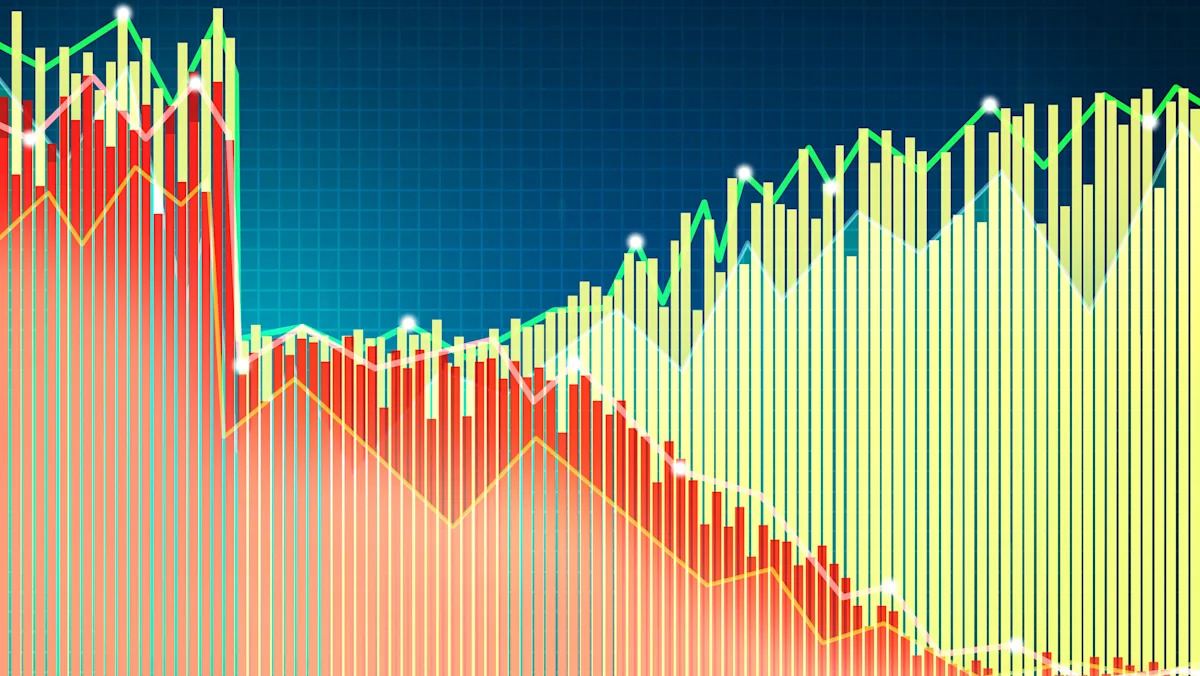Home / Business and Economy / Affluent Consumers Prop Up Economy as Lower Earners Struggle with Inflation
Affluent Consumers Prop Up Economy as Lower Earners Struggle with Inflation
10 Nov
Summary
- K-shaped economy with higher-income consumers driving resilience
- Strain on lower-income consumers due to rising prices for essentials
- Affluent consumers' spending tied to housing values and stock market

As of November 10th, 2025, experts are closely monitoring the emergence of a K-shaped economy that is mirroring the uneven gains in the stock market. The higher-income consumers are driving much of the resilience seen within the economy, while the lower-income segment is facing significant strain due to the higher prices they are paying for essentials compared to five or six years ago.
The impact of this K-shaped trend is being felt across various consumer sectors. Frontline consumer companies are reporting challenges as the lower-income consumers are becoming increasingly value-conscious and making tough choices on their spending. They may be cutting back on travel or certain discretionary purchases, but diverting those funds to other areas.
In contrast, the affluent consumers' spending remains closely tied to factors like housing values and stock market performance. Despite the recent pullback, the net income and wealth of this top tier have grown substantially in the last few years, not just in the US but globally as well. As long as these asset values remain elevated, the higher-end consumers are expected to continue their relatively robust spending patterns, in contrast to the struggles faced by their lower-income counterparts.




